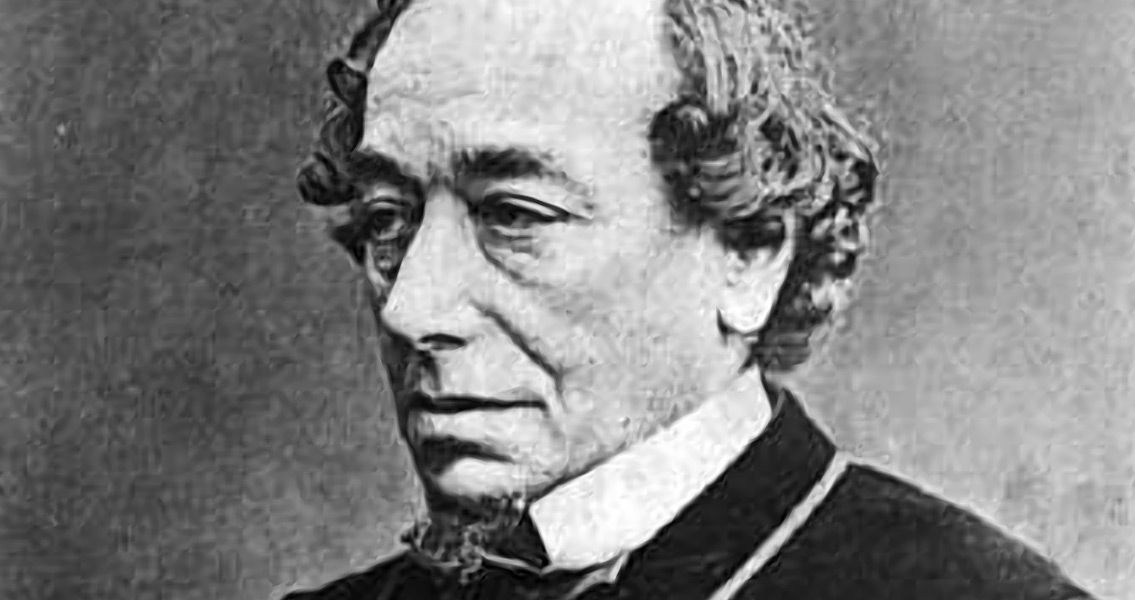<![CDATA[The first government of Benjamin Disraeli was formed on 29th February, 1868. It marked the beginning of the polarisation of British politics. Disraeli hadn't been elected. Rather, he took over the position of Prime minister following the retirement of Lord Derby. Disraeli described his rise as reaching the top of "the greasy pole." His first tenure at Number Ten Downing Street would be a short one. His role was largely that of caretaker Prime minister, an election was due in 1868, and it was only the wait to complete the electoral register that had delayed it. The election, the first to take place after the Great Reform Act of 1867, was held in November. The results saw a convincing victory for William Gladstone's Liberal party, and Disraeli resigned before Parliament met, setting a precedent followed by Prime Ministers to this day. Defeat laid the foundations for a long ideological feud between the Conservative Disraeli and Gladstone, which would come to shape British politics for years to come. The aftermath of the Liberal victory signaled the start of a testing time for Disraeli. His position as party leader was increasingly under threat, in danger of being remembered only for an embarrassing electoral defeat. In 1872 his wife passed away, the personal tragedy almost bringing an end to his political career. Confiding to a friend shortly after, he wrote: "I am totally unable to meet the catastrophe." Conflict across the Dispatch Box between Gladstone and Disraeli came to forge the identities of the two parties their names are now inextricably linked with. Previously, the two biggest political parties in the United Kingdom had been close to incoherent coalitions. Combinations of personalities pursuing personal interests, rather than a shared outlook on policies. In opposition, Disraeli came to run his party with a firm hand, placing it in stark contrast to the Liberals. At the heart was an adherence to tradition. His initial term of office had seen Disraeli forge a crucial rapport with Queen Victoria, the monarch offering him her support on numerous occasions. Unsurprisingly perhaps, Disraeli's Conservatives were firm supporters of monarchy. Other institutions firmly entrenched in British society, such as the Church and the House of Lords, were also defended by the Conservative party, in stark contrast to the aggressive reformist attitude of the Liberals. It also became the party of empire, Disraeli a firm believer in the strength and importance of British imperialism, particularly in India. In 1874, Disraeli became Prime minister once again following a dominant election performance from the Conservatives. It was a government defined by the close relationship between the monarchy and parliament, and aggressive foreign policy moves including the acquisition of shares in the Suez Canal and the declaration of the Queen as the Empress of India. There were also significant social reforms however, showing the Conservative party of the late nineteenth century was more complicated than just a defender of monarchy and imperialism. The 1875 Climbing Boys Act reinforced the ban on juvenile chimney sweeps, while the Public Health Act of the same year provided running water and refuse disposal. Six years later, in 1880, the Conservatives were again defeated by the Liberals. Disraeli found himself leader of the opposition once more, holding the role until his death in 1881 from Bronchitis.]]>
Disraeli – Father of the Modern Conservative Party Forms his First Government
